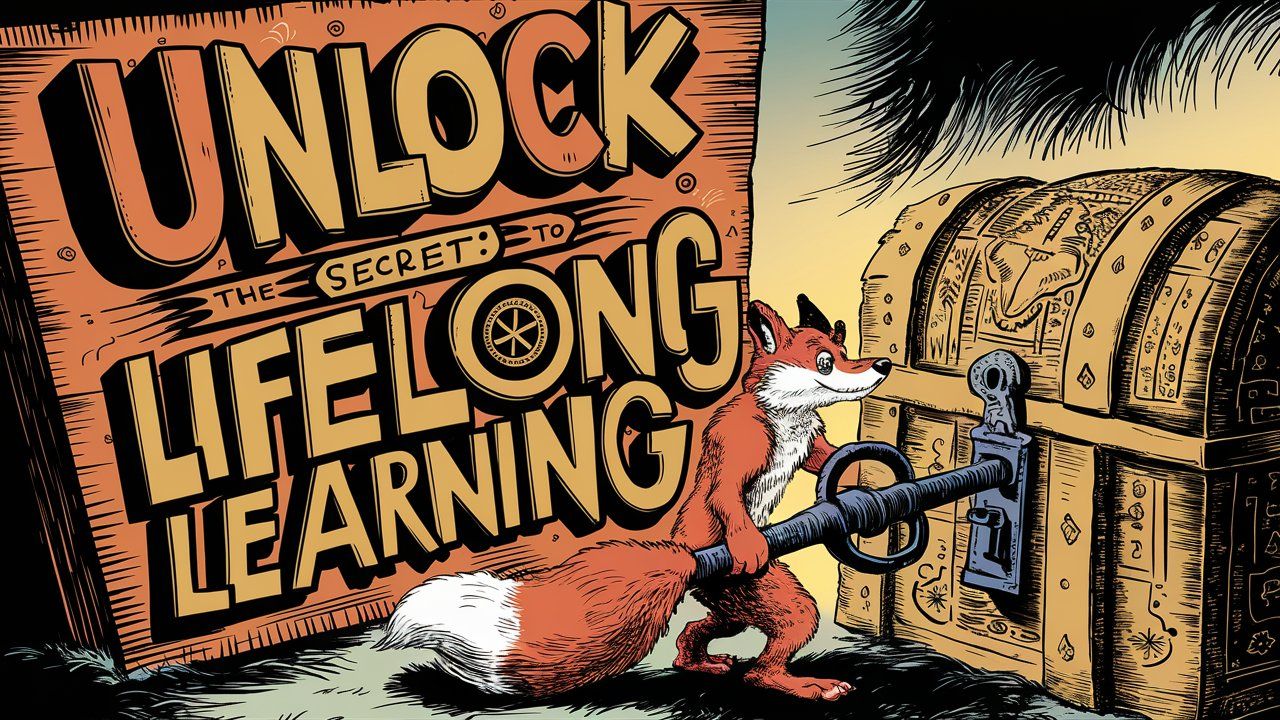 Procrastination: To delay, stall, hesitate, put off, or lag.
Procrastination: To delay, stall, hesitate, put off, or lag.
We’ve all suffered from procrastination at one time or another. Probably the worst part about procrastination is its uncanny ability to rob of us time, while simultaneously making us feel miserable about it. As much as we may dread the task we’re avoiding, putting it off rarely provides much relief. We know we’re just delaying the inevitable – sometimes with serious consequences.
If you doubt this, let me refer you to a good friend of mine who kept putting off scheduling his vasectomy. It wasn’t until his family grew by “one more bundle of joy” that he finally had the guts (aren’t you glad I didn’t say balls) to schedule the procedure. Of course my friend loves his kids and wouldn’t change a thing. But now, more than ever, he understands that delaying action can sometimes have sobering outcomes.
One of the major challenges with overcoming procrastination is that there’s no single cause, and therefore no single solution. The key to moving beyond procrastination is learning how to clearly identify what particular type of procrastination is plaguing you. That way you can focus on the appropriate remedy.
 Below I have listed 5 common causes of procrastination and strategies for conquering them:
Below I have listed 5 common causes of procrastination and strategies for conquering them:
Repulsive Tasks: Let’s face it, some tasks just aren’t any fun. Paying bills, cleaning the garage, washing dishes are all activities that rank pretty low on my list of favorite things to do. But that doesn’t matter – some things just have to be done.
One strategy I’ve found particularly useful for completing “dreaded” tasks is learning to BANJO. BANJO stands for: Bang A Nasty Job Out. And yes, even the musically challenged can apply this strategy. When you find yourself with a backlog of “nasty” tasks, chose just one per day and knock it out as your first order of business. Why first? Because saving dreaded tasks until last is great incentive to never get all the way through your list.
Mental Mountains: Complex projects or tasks that have many steps can be especially overwhelming. Not to mention the mind’s unfortunate knack of making “mountains” out of “mole hills.” Even tasks that aren’t particularly difficult sometime “seem” that way when you try juggling all the steps in your head. The key to moving past mental mountains is breaking larger projects into smaller, more manageable steps.
Try using the “Brain Dump” strategy. Despite its rather grotesque sounding name, the technique is quite liberating. First, grab a sheet of paper and start listing all of the steps necessary for completing the project. Then identify JUST THE NEXT step. Finally, begin with that step. Keep in mind, every marathon begins with the first step. If you focus on the whole process it’s easy to get overwhelmed. Remember one step at a time!
 Emotional Avoidance: Gaining traction on emotionally charged tasks is particularly difficult. Whether its fear, grief, resentment, or whatever, emotional obstacles are barriers that will always hold you back, until you decided to cross them.
Emotional Avoidance: Gaining traction on emotionally charged tasks is particularly difficult. Whether its fear, grief, resentment, or whatever, emotional obstacles are barriers that will always hold you back, until you decided to cross them.
Lack of Energy: Probably the most underappreciated, but very real reason many people fail get started on projects is that they’re just too tired. Life in the modern world can be exhausting. There’s so much going on, so much to do, so many things vying for your attention, that some days it just drains you.
That’s why, rest, exercise, and nutrition is more important than ever before. If you want to run at full capacity, you have to be well rested. Trying to tackle projects when you’re mentally or physically fatigued is a bad idea. The one time procrastination is actually appropriate is when you consciously decide putting off a project for the sole purpose of getting some extra rest. That way you can attack your project with a recharged body and mind.
Help is Needed: Some tasks are just too large for you to handle by yourself; others require expertise you don’t posses. If that’s the case, don’t kid yourself – it’s time to get help. As admirable as the pioneering spirit is, it’s not always possible to go it alone. Whether the job’s too big, you don’t know what you’re doing, or you’re just not any good at it, asking for help is sometimes the only way to get some things done.
Remember, nobody’s good at everything, and there’s nothing wrong with asking for help. Sometimes it’s the only way to get unstuck.


